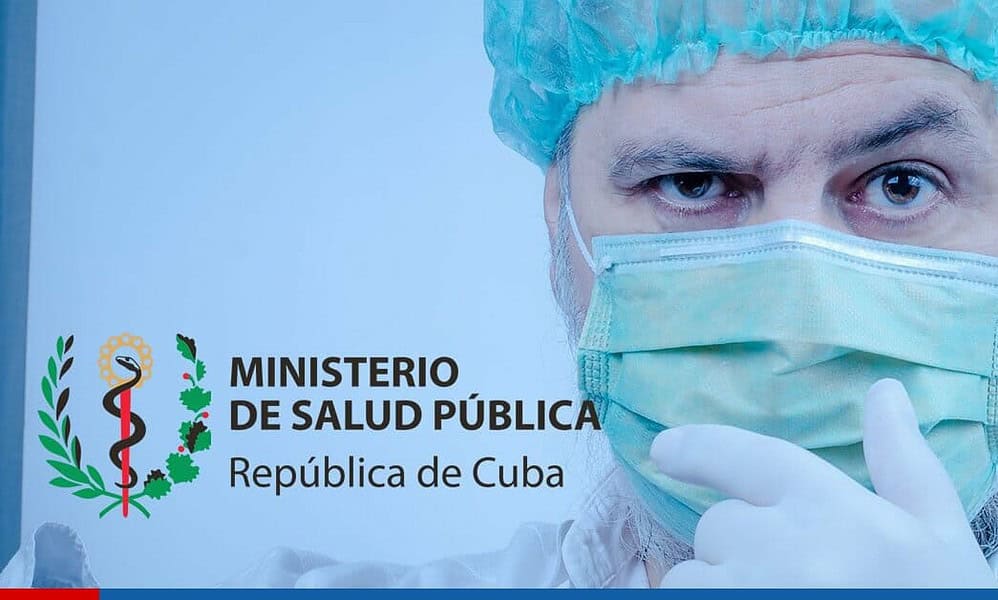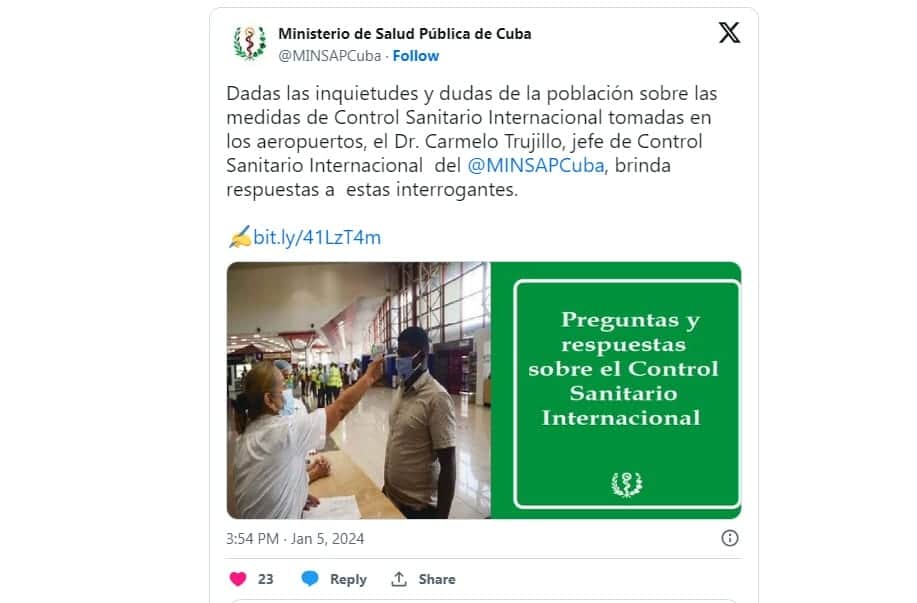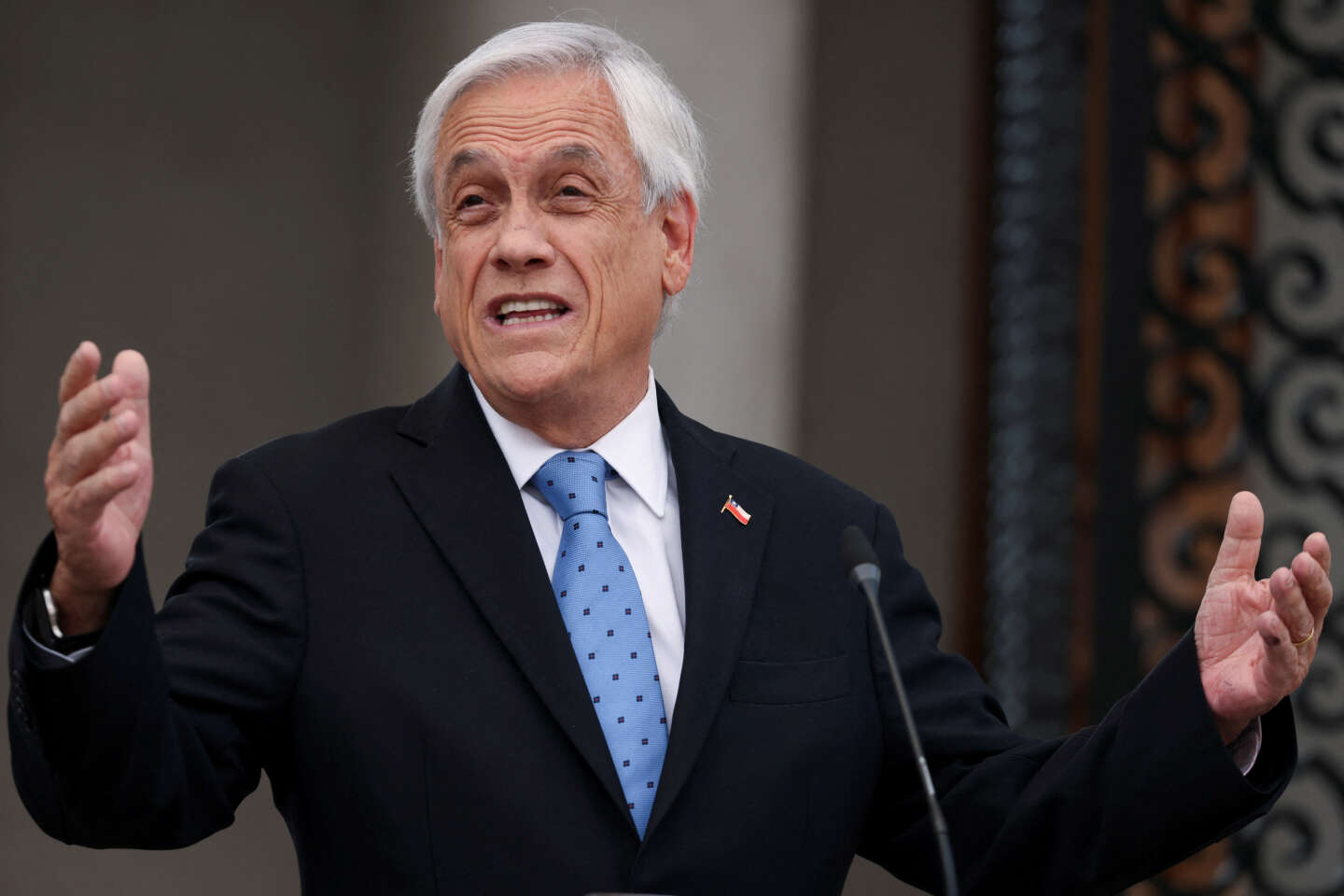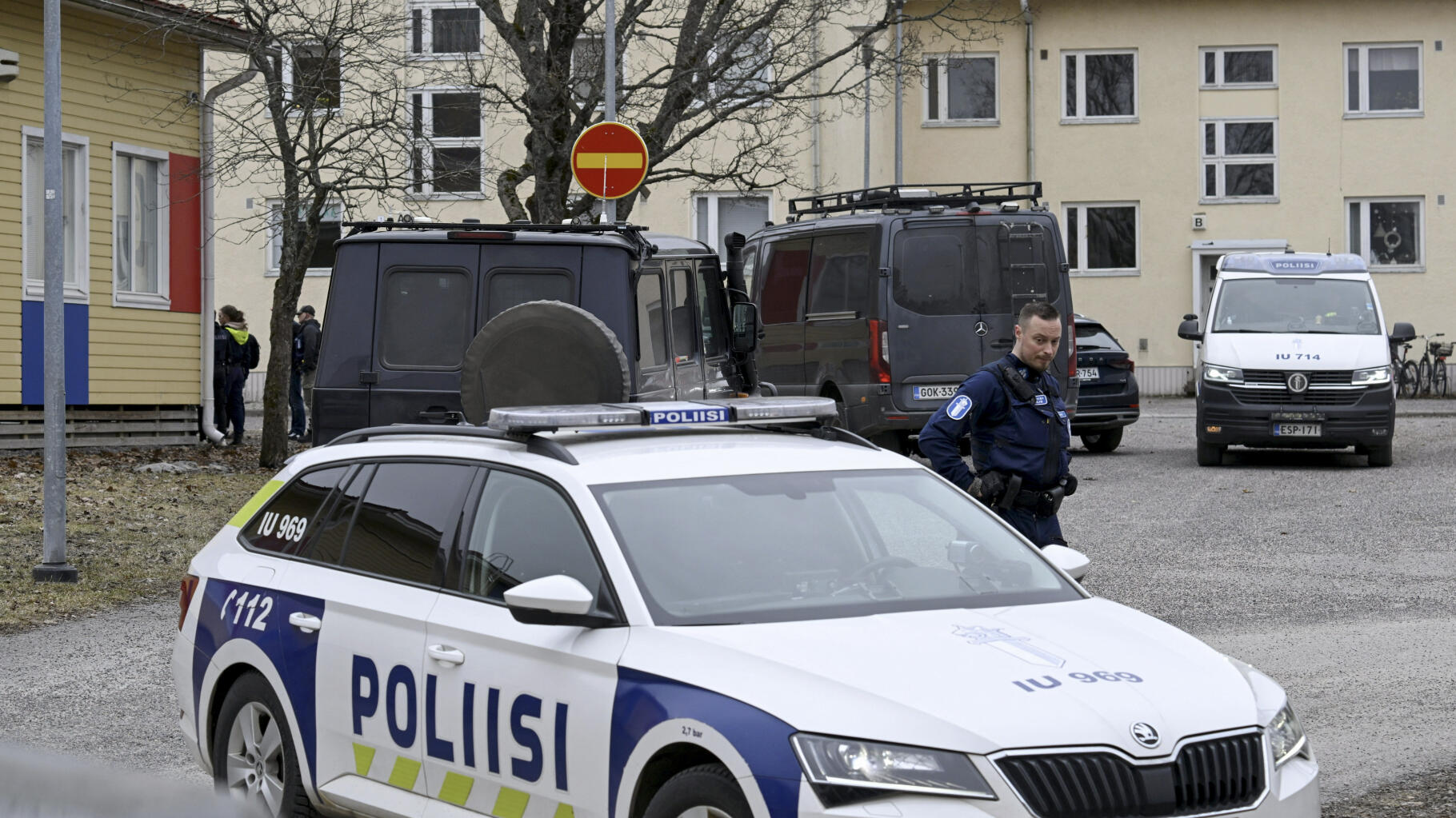MINSAP issues note on health control in Cuba

The Cuban Ministry of Public Health (MINSAP) has published updated information on health controls at Cuban airports and on the island.
Among the most common components are travelers not being required to present a negative test for C0VID-19, or vaccinations, and an obligation to attend a family doctor’s office.
Because of its importance, Cuban Directory Reproduces answers to the most frequently asked questions on this topic published in official site MINSAP on January 5, 2024.
To travel to Cuba, which C0VID-19 test do I need?
R/ Tourists who arrive in Cuba through any of our entry points, regardless of their country of origin and their vaccination status, are not required to present any negative C0VID-19 test.
What vaccination certificate must I present upon arrival and what vaccines are accepted in Cuba?
A/ Tourists are not required to present a vaccination certificate against C0VID-19 upon arrival in Cuba. Travelers to Angola, Brazil or any other area or country with yellow fever transmission must present an international certificate of vaccination against the disease when requested by a health authority (international health control).
When I arrive in Cuba, will I be tested for COVID-19 or another disease under surveillance?
A/No, only travelers who, upon arrival in Cuba, are present or have been found to have respiratory symptoms will be given a rapid test for C0VID-19 or a sample taken for PCR.
What measures or suggestions have health authorities implemented regarding C0VID-19 for travelers arriving in Cuba?
A/ Irrespective of the origin of tourists, their nationality and purpose of travel, the following recommendations are made:
- The use of masks is recommended inside aircraft and inside air terminals, especially in crowded areas. The use of masks is also recommended on public transport.
- During arrival or departure from the country, it is recommended to use the hand disinfection stations installed at all entry points into the country.
- Travelers are also recommended to consult the website to inform themselves about the health requirements established by the countries they intend to travel to. www.es.kayak.com/travel-restrictions?
I am Cuban and I am returning to Cuba after traveling or intending to enter Cuba to visit family and friends. What should I do when I arrive at my residence area?
R/ All Cuban tourists living in Cuba, non-resident Cubans and foreigners living in the country, are obliged to attend their family doctor within the first 24 hours of arrival or, failing that, the Vice-Directorate of Epidemiology. Health or polyclinic in the area where you live; You are also obliged to report the following aspects to your doctor or family nurse:
- Your status as an international traveler.
- If you have suffered any illness during your trip abroad and if you notice any signs or symptoms of illness, refer to the most accurate information.
- Follow the instructions and recommendations of the family doctor and nurse, which will be in accordance with the epidemiological risk shown by the country or area you visited abroad, as well as the indications defined in the national program and protocol. International Health Control.
- At least 90 days after returning to your country you should be alert for any manifestation of infectious disease and if you notice any sign or symptom of illness, go to your family doctor or an institution of the national health system immediately, always insist. Your status as an international traveler.
Why is traveling abroad dangerous and what care should I take to maintain my health while traveling?
R/ Every tourist who leaves Cuba and visits any country in the world, regardless of the reason, is exposed to diseases that are not present or controlled in our country, and other diseases that exist in Cuba, but different in context. Epidemiological, climatic and social.
If you become ill during your stay abroad or upon your return to Cuba, you may be putting the health of your family and your community at risk. For this reason, travelers should take the following precautions before and during their stay abroad:
Before travelling:
- Before traveling, you should inform yourself about the major health, climate or other problems that may be present in the country or area you will be visiting.
- Avoid any travel if you are suffering from any chronic non-communicable disease.
- If you suffer from a chronic non-communicable disease, carry with you the necessary treatment covering the entire period of your stay in that country, as well as the necessary documents, which justify the use of the medicines you carry.
- You must undergo any pending medical procedures before traveling to prevent decay or ensure your good health during your visit.
- You will be aware of the health and vaccination requirements required by the authorities of the country or countries to which you intend to travel, as well as the hygienic, sanitary and prophylactic measures imposed by the various countries.
During their stay:
- It shall comply with hygienic, sanitary and prophylaxis measures imposed by various countries.
- Do not eat foods of unknown origin or with appearance and characteristics that raise doubts about their quality.
- Do not drink water that is not of certified quality; You will notice that in many countries of the world water distributed by hydraulic networks is not authorized for drinking.
- You will protect yourself from insects and vectors, especially those that can spread diseases, such as mosquitoes, ticks, etc., by using skin-protective clothing, repellents and other products that ensure non-exposure.
- Avoid visiting areas where unknown diseases are prevalent in our country or others that are subject to international health control such as malaria, yellow fever, cholera, Ebola etc.



:quality(70)/cloudfront-eu-central-1.images.arcpublishing.com/liberation/T6RKQSHXWZANVDNYNG4OQQ53X4.jpg)


